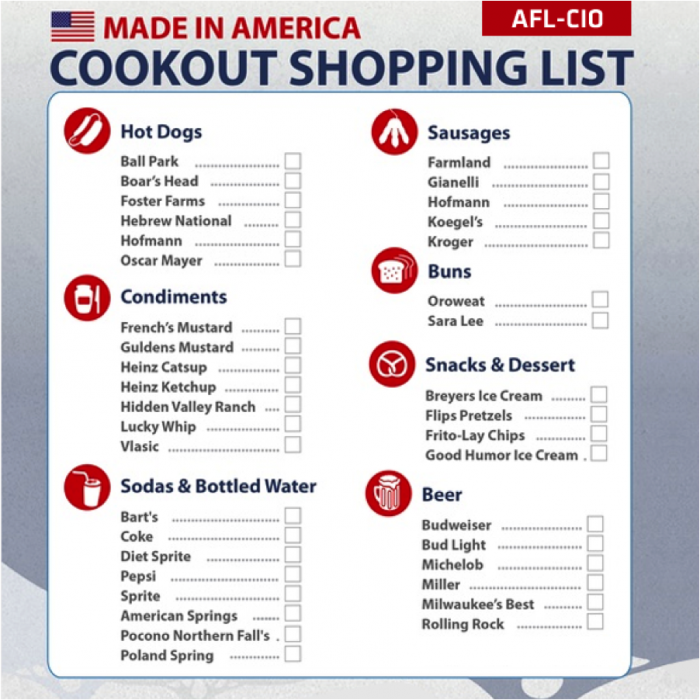Raise the Wage Act 2019: House majority looking to lift millions out of poverty

By NCL Health Policy intern Alexa Beeson
June 16 marked the longest period the United States has gone without an increase in the federal minimum wage. The federal wage floor was last raised a decade ago, in 2009. The current minimum wage is just $7.25 an hour, which is a poverty wage by federal standards, but tipped workers and people with disabilities often make even less. Worse yet, the value of this wage has decreased by 13 percent since its enactment due to inflation.
Many states have increased their minimum wages, including some red states like Arkansas and Missouri. These states have done so through the popular-vote referendum process. There is widespread support from all Americans–Democrats and Republicans alike–on this issue. In fact, 70 percent of Republican voters want a raised federal wage floor. There are still 21 states, however, whose workers receive only the bare minimum federal wage or, even worse, a tipped wage.
The U.S. House of Representatives, now led by a Democratic majority for the first time in many years, will be taking up the Raise the Wage Act (H.R. 582), and there is a companion bill by the same name in the Senate (S. 150).
The Raise the Wage Act will incrementally lift the federal wage floor to $15 an hour over the next five years. If enacted, the legislation would reduce levels of poverty across the nation without driving vulnerable populations into unemployment. It will also help decrease the wage gap between minimum and median wage workers. The House is expected to have a roll call vote on H.R. 582 before the August recess. If it does pass in the House, the act will have a hard time making it through the Republican-controlled Senate. However, this is still a progressive step in the right direction.
This act will also end subminimum wages for tipped employees. If employees make less than the $7.25 federal minimum wage, including tips, employers are supposed to add the rest to their paycheck. However, some employers fail to do so. The affected employees can make as little as $5 less than the minimum wage. The way the system works now, customer gratuities act as wage subsidies that we believe should be covered by the employer. For those concerned with whether raising the minimum wage will stop customers from tipping, studies show that eliminating the tiered wage system will not stop patrons from leaving tips.
Raise the Wage will end the subminimum wage for people with disabilities, some of whom make mere pennies an hour. Subminimum wages act as a form of legalized discrimination, and this bill will make it impossible for employers to get new special exemptions to pay their employee’s subminimum wages. It will also end current exemptions because all wages will be increased to $15 an hour in the next seven years.
Some fiscally conservative groups have claimed that raising the wage to $15 an hour would lead to high unemployment or business closures, with small businesses burdened by the extra costs. However, studies contradict those claims. Many show that raising the minimum wage would have little or no impact on employment. A study conducted by the University of California at Berkeley Institute for Research on Labor and Employment found that when the town of Berkeley raised the minimum wage, it actually saw a decrease in unemployment and a reduction in poverty. Further research showed that wage increases in 51 counties over 45 states had no adverse effect on employment hours or weeks worked.
NCL has been a long-standing advocate for fair minimum wages. In the early 1900s, the League’s General Secretary Florence Kelley ran a minimum wage campaign, which passed laws in 14 states. We are encouraged to see the House of Representatives taking affirmative steps to raise the federal minimum wage.
Alexa is a student at Washington University in St. Louis where she studies Classics and Anthropology and concentrates in global health and the environment. She expects to graduate in May of 2020.


 As another summer winds down, and we plan for one last extended weekend before turning the page onto fall, Labor Day offers a time to reflect on the increasingly challenging environment that working families face securing fair wages, benefits, and working conditions.
As another summer winds down, and we plan for one last extended weekend before turning the page onto fall, Labor Day offers a time to reflect on the increasingly challenging environment that working families face securing fair wages, benefits, and working conditions.
















